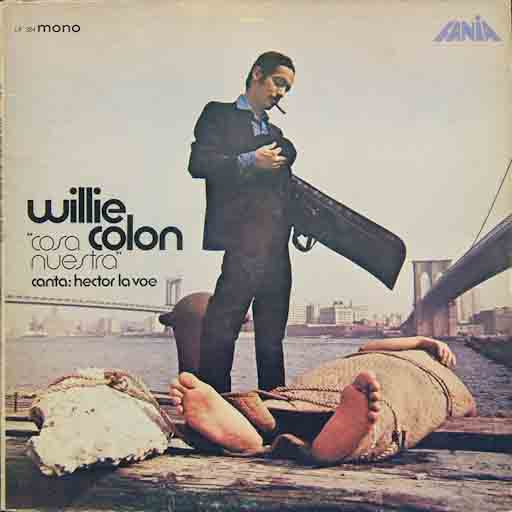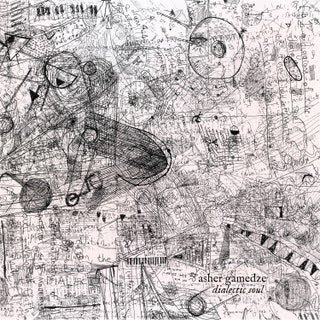-
Posts
7,529 -
Joined
-
Last visited
Content Type
Profiles
Forums
Events
Blogs
Everything posted by Rabshakeh
-
Live at Pep's, Vol. 1 by Yusef Lateef (Impulse!, 1964). Good time shawms.
-
Thanks!
-
I think it's been the best year for new releases for a while, despite the circumstances.
- 9 replies
-
- recordings
- performances
-
(and 1 more)
Tagged with:
-
John Coltrane and Johnny Hartman (Impulse!, 1963). Pure waxed Christmas Eve. When I went to college, a friend of my parents told my dad to buy this for me, making it one of the first jazz albums I owned. I can't think what he had in mind...
-
The Frank Wright Quartet - Church Number Nine (Calumet, 1972) As with the other contemporaneous Frank Wright and Noah Howard albums, Bobby Few’s very melodic piano playing just makes this one zing. It’s the mixture of spicy and sweet that’s so great.
-
Charles Tolliver's Music Inc. - Live at the Loosdrecht Jazz Festival (Strata-East, 1973). John Hicks' piano solo on "Our Second Father" is such a killer.
-
It does seem like it is Warne Marsh's thing.
-
I'm listening to the Lew Tabackin and Warne Marsh album Tenor Gladness at the moment. The final track "Basic #1" has an excellent bit where both tenor players solo at once. Can anyone think of any other good examples of this?
-
I hadn’t realised they have a new one out.
-
By a long way my favourite Chet album.
-
I have never heard of this one. An incredible line up. This bunch were from yesterday, unknowingly enjoying the last day shopping prior to a new lockdown.
-
Emergency cheering up music: Passport - Ataraxia (Atlantic, 1978) Casiopea - Super Flight (Alfa, 1979) Archie Shepp - Kwanza (Impulse!, 1974) Willie Colon - Cosa Nuestra (Fania, 1969) Also featuring, scotch.
-
Judging by 20-something Twitter, there's a growing nostalgia towards the "idea" of a forum, as opposed to the current social media outlets.
-
37. The Youth of Today. Nice try.
-
An all-time favourite.
-
Asher Gamedze's Dialectic Soul (On The Corner, 2020). It's been a bad year in almost all ways, but one of the best that I can remember for new jazz releases.
-
Jugendstil II by Lee Konitz, Chris Cheek, Stéphane Furic Leibovici (2006) A wonderful album. The harmonies are like something out of Machaut.
-

Greatest Smooth Jazz records: recommendations please!
Rabshakeh replied to Rabshakeh's topic in Miscellaneous Music
That's a genre I can get behind. -
A nice release.
-
Currently spinning Warne Marsh's All Music (Nessa, 1976), over and over. It's always been a favourite, but something about it cracked open my head a couple of days ago, and now it is just on every time I'm near my turntable. My poor wife just sighs and says "Is this Wayne Marsh again?" every time. Is this good? Great players, but you never know with drum match ups.
-
I often wonder about that, given the prevalence of cover art of leaders smoking. Is there a record of tobacco companies sponsoring BN etc.?
-
Jean-François Pauvros and Gaby Bizen's No Man's Land (Un-Deux-Trois, 1972) Elvin Jones Trio's Puttin' It Together (Blue Note)
_forumlogo.png.a607ef20a6e0c299ab2aa6443aa1f32e.png)

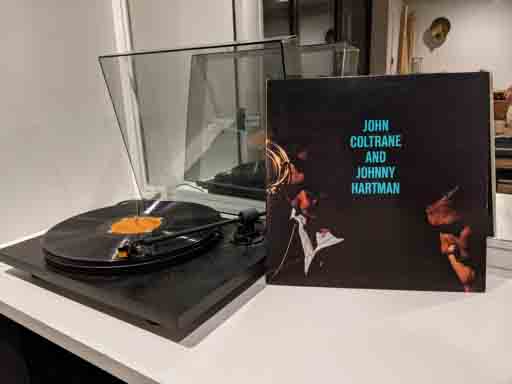
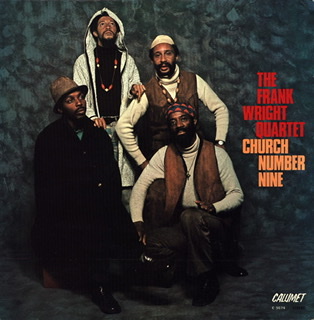
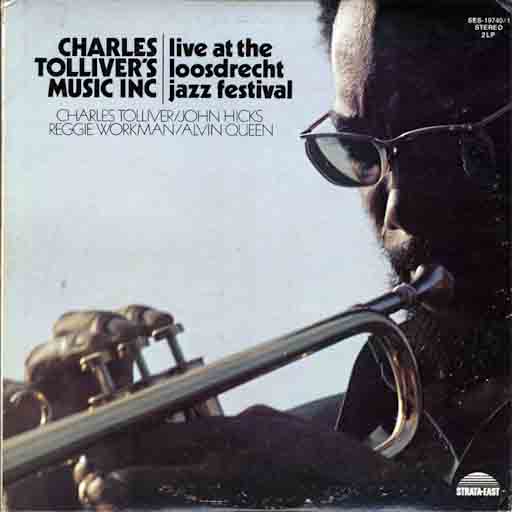
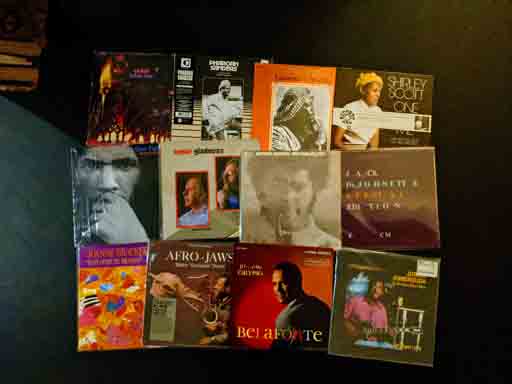
.jpg.190fdd382224e91f6f65f13721150598.jpg)
.jpg.6e90da54cdff6e808be5ae9df9034223.jpg)

